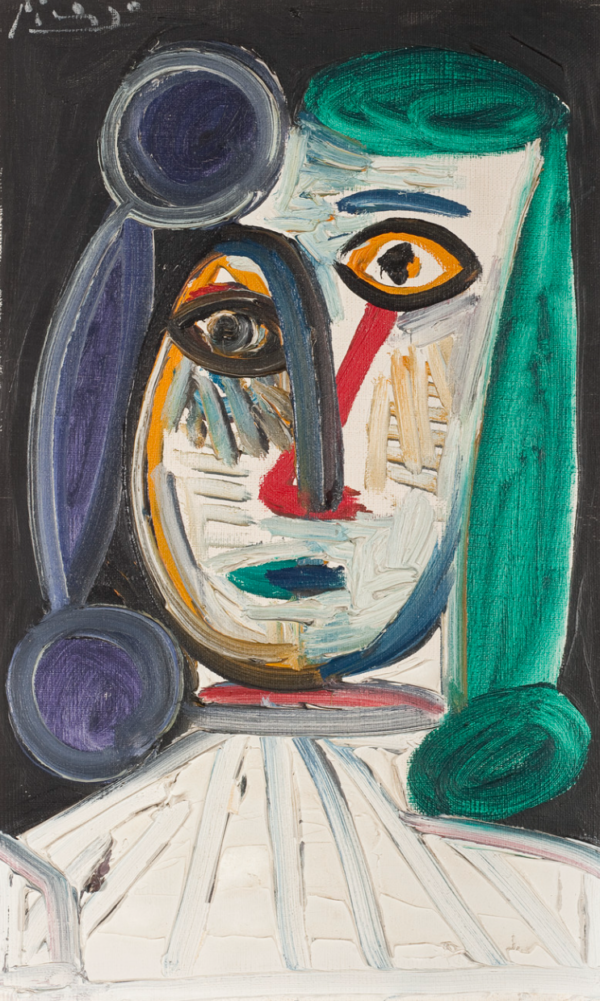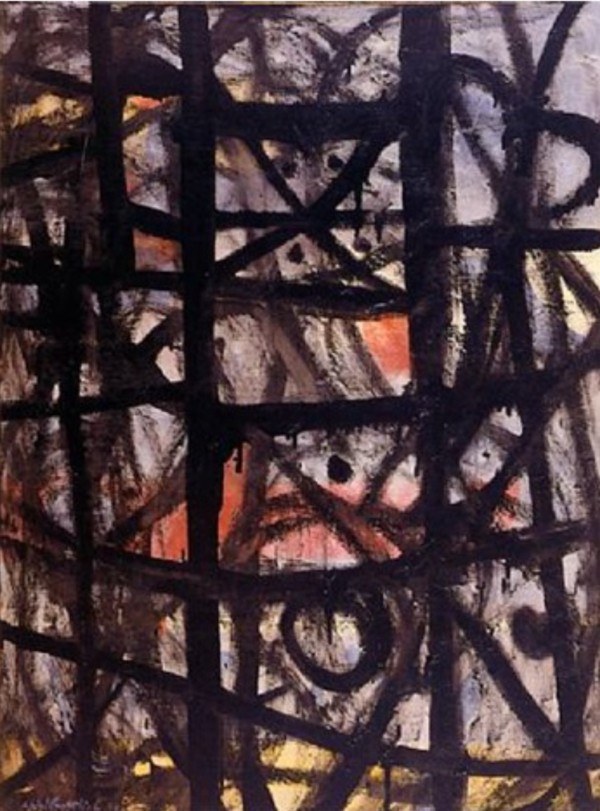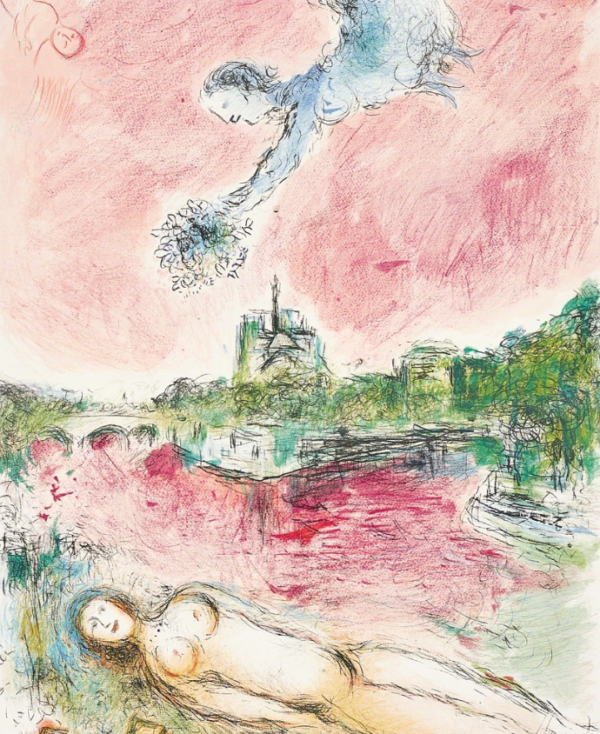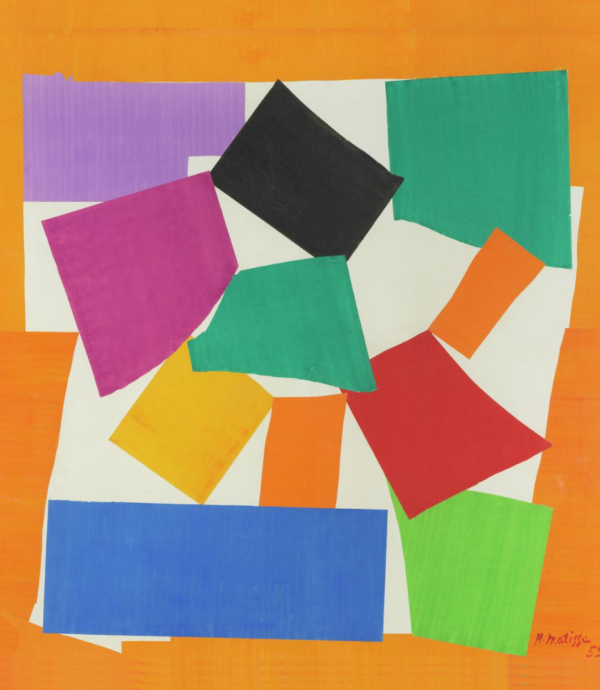Latest Blog Posts — Page 2
But are you ready for joy, really?
Are you ready to be the person who does not suffer from this compulsion? Who does not obsess about _______?
Who does not act against your own self-interest in such a pernicious way?
Are you ready to let go of not only the behavior of _______, but also the very consciousness of the person who _______?
Are you ready for _______ to no longer even be a big deal in your life?
Read More
What is dread? It is a feeling that you will experience some unknown and unnamed doom if you proceed.
But why would a person feel dread about saving some money, or securing private documents, or gathering information about a possible life change? The answer can be found in what these women all had in common. They were all acting, or about to act, on their own behalf without permission from a man …
An unwritten taboo that is still built into most cultures is about the subjugation of women.
The evil taboo: “You may not act without permission from a man.”
The fear: “Acting on your own behalf will bring you harm.”
— Victory Over Verbal Abuse, Patricia Evans
Read More
Ah! Mama! I can’t pray anymore and I weep more and more rarely.
But my soul thinks of you, of my thoughts, and my thoughts are consumed in grief.
I don’t ask you to pray for me. You know yourself what sorrows I may have. Tell me, dear mother, from the other world, from Paradise, from the clouds, from wherever you are, does my love console you?
Can my words distill for you a little sweetness, tender and caressing?
— My Life, Marc Chagall
Read More
The Four Questions
Q1. Is it true?
Q2. Can you absolutely know that it’s true?
Q3. How do you react, what happens, when you believe that thought?
Q4. Who would you be without that thought?
Read More
“A creature that hides and “withdraws into its shell,” is preparing a “way out.” This is true of the entire scale of metaphors, from the resurrection of a man in his grave, to the sudden outburst of one who has long been silent. If we remain at the heart of the image under consideration, we have the impression that, by staying in the motionlessness of its shell, the creature is preparing temporal explosions, not to say whirlwinds, of being.”
— The Poetics of Space, Gaston Bachelard
Read More







